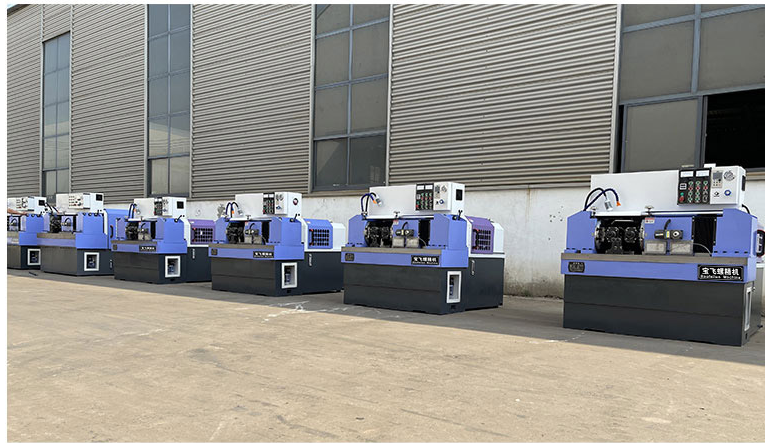
-
 Afrikaans
Afrikaans -
 Albanian
Albanian -
 Amharic
Amharic -
 Arabic
Arabic -
 Armenian
Armenian -
 Azerbaijani
Azerbaijani -
 Basque
Basque -
 Belarusian
Belarusian -
 Bengali
Bengali -
 Bosnian
Bosnian -
 Bulgarian
Bulgarian -
 Catalan
Catalan -
 Cebuano
Cebuano -
 Corsican
Corsican -
 Croatian
Croatian -
 Czech
Czech -
 Danish
Danish -
 Dutch
Dutch -
 English
English -
 Esperanto
Esperanto -
 Estonian
Estonian -
 Finnish
Finnish -
 French
French -
 Frisian
Frisian -
 Galician
Galician -
 Georgian
Georgian -
 German
German -
 Greek
Greek -
 Gujarati
Gujarati -
 Haitian Creole
Haitian Creole -
 hausa
hausa -
 hawaiian
hawaiian -
 Hebrew
Hebrew -
 Hindi
Hindi -
 Miao
Miao -
 Hungarian
Hungarian -
 Icelandic
Icelandic -
 igbo
igbo -
 Indonesian
Indonesian -
 irish
irish -
 Italian
Italian -
 Japanese
Japanese -
 Javanese
Javanese -
 Kannada
Kannada -
 kazakh
kazakh -
 Khmer
Khmer -
 Rwandese
Rwandese -
 Korean
Korean -
 Kurdish
Kurdish -
 Kyrgyz
Kyrgyz -
 Lao
Lao -
 Latin
Latin -
 Latvian
Latvian -
 Lithuanian
Lithuanian -
 Luxembourgish
Luxembourgish -
 Macedonian
Macedonian -
 Malgashi
Malgashi -
 Malay
Malay -
 Malayalam
Malayalam -
 Maltese
Maltese -
 Maori
Maori -
 Marathi
Marathi -
 Mongolian
Mongolian -
 Myanmar
Myanmar -
 Nepali
Nepali -
 Norwegian
Norwegian -
 Norwegian
Norwegian -
 Occitan
Occitan -
 Pashto
Pashto -
 Persian
Persian -
 Polish
Polish -
 Portuguese
Portuguese -
 Punjabi
Punjabi -
 Romanian
Romanian -
 Russian
Russian -
 Samoan
Samoan -
 Scottish Gaelic
Scottish Gaelic -
 Serbian
Serbian -
 Sesotho
Sesotho -
 Shona
Shona -
 Sindhi
Sindhi -
 Sinhala
Sinhala -
 Slovak
Slovak -
 Slovenian
Slovenian -
 Somali
Somali -
 Spanish
Spanish -
 Sundanese
Sundanese -
 Swahili
Swahili -
 Swedish
Swedish -
 Tagalog
Tagalog -
 Tajik
Tajik -
 Tamil
Tamil -
 Tatar
Tatar -
 Telugu
Telugu -
 Thai
Thai -
 Turkish
Turkish -
 Turkmen
Turkmen -
 Ukrainian
Ukrainian -
 Urdu
Urdu -
 Uighur
Uighur -
 Uzbek
Uzbek -
 Vietnamese
Vietnamese -
 Welsh
Welsh -
 Bantu
Bantu -
 Yiddish
Yiddish -
 Yoruba
Yoruba -
 Zulu
Zulu
types of thread rolling service
Types of Thread Rolling Service
Thread rolling is a manufacturing process used to create threaded components directly from a workpiece. It is a cold forming process that utilizes pressure to mold the material into the desired shape, resulting in strong and precise threads. Thread rolling has gained significant popularity in various industries due to its efficiency, cost-effectiveness, and ability to enhance the mechanical properties of the material. This article will delve into the types of thread rolling services and their applications.
1. Flat Die Thread Rolling
Flat die thread rolling is one of the most common methods used in thread rolling services. In this process, two flat dies with the desired thread profile are used to compress the workpiece. By moving the workpiece between the dies, the material flows into the grooves of the dies, forming the threads. This technique is suitable for producing external threads on cylindrical parts and is widely used in manufacturing screws, bolts, and other fasteners.
The advantages of flat die thread rolling include the ability to produce high volumes of threads with tight tolerances, which are crucial in industries where precision is paramount. Moreover, the process reduces material waste and can enhance the surface finish of the threads.
2. Cylindrical or Round Die Thread Rolling
Cylindrical die thread rolling is another widely used technique in the industry. Unlike flat die rolling, this method employs two cylindrical dies to form threads. The workpiece is fed through the dies, similar to the flat die method, but with the added benefit of allowing for the production of both internal and external threads, depending on the die configuration.
This method is often used for larger components and applications where complex threaded designs are needed
. The cylindrical die process can produce threads with high strength and durability, making them ideal for heavy-duty applications such as automotive and aerospace parts.types of thread rolling service

3. Multi-Station Thread Rolling
Multi-station thread rolling is an advanced technique that allows for the simultaneous rolling of multiple parts in a single operation. This method involves various stations equipped with different dies, enabling multiple features to be rolled on the same workpiece or on multiple workpieces at once. Multi-station rolling is particularly efficient for high-volume production runs, significantly reducing cycle times and labor costs.
Industries that benefit from multi-station thread rolling include mass production sectors like automotive manufacturing and industrial fasteners, where precision and speed are critical. Additionally, this method can also enhance process consistency, reducing the likelihood of defects.
4. Thread Rolling for Specialty Applications
In addition to standard thread rolling services, many manufacturers also offer customized solutions for specialty applications. These may include producing threads on non-standard geometries, using various materials such as stainless steel, aluminum, or even plastic. Customized thread rolling services can cater to unique industry requirements, such as medical devices, electronics, or specialty machinery components.
Thread rolling for specialty applications often involves collaboration between the manufacturer and the client to achieve the desired outcomes. Parameters such as thread pitch, diameter, and depth can be tailored to meet specific demands, ensuring that the end products fulfill their intended functions effectively.
Conclusion
Thread rolling is a versatile manufacturing process that plays an essential role in producing high-quality threaded components. The various types of thread rolling services, including flat die, cylindrical die, multi-station, and specialty applications, cater to a wide range of industries. With advancements in technology and a growing demand for precise and efficient manufacturing, thread rolling will continue to evolve and adapt, ensuring its place as a leading technique in the production of threaded products. By choosing the right thread rolling service, manufacturers can enhance their processes, reduce costs, and meet the stringent requirements of their customers.
